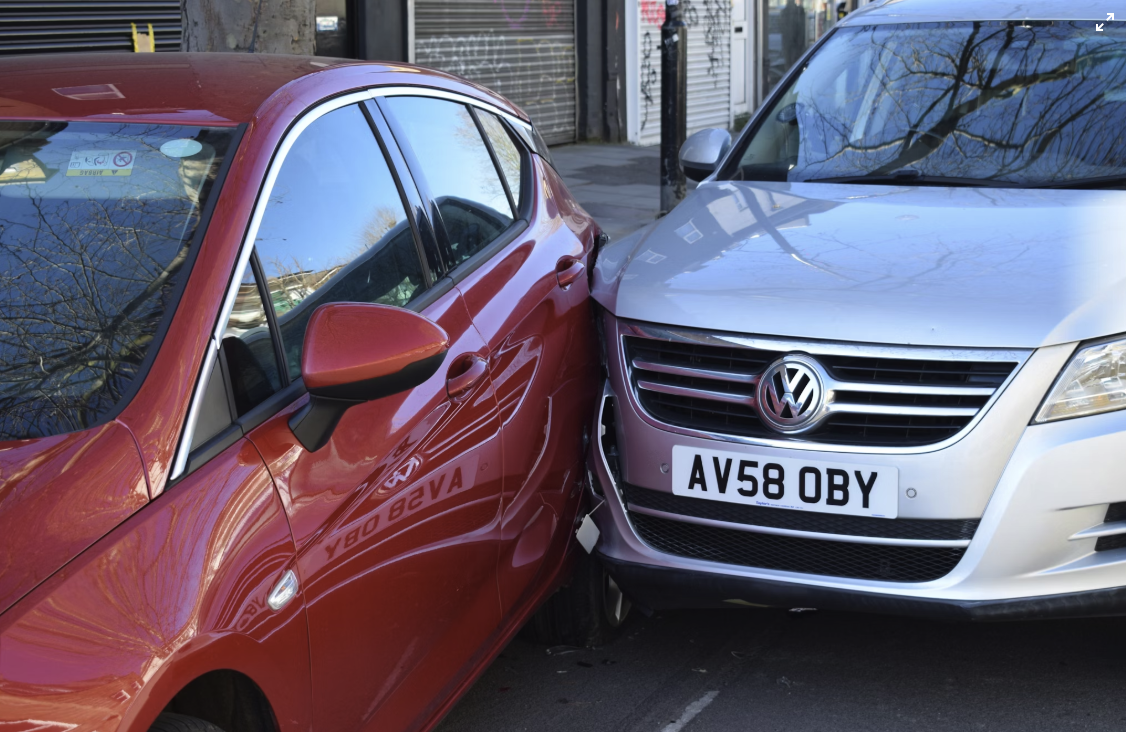
In 2025, Alabama follows contributory negligence laws alongside three other states (and the District of Columbia).
The other states consider these rules too harsh because they essentially bar accident victims from claiming compensation if they are partially to blame for what happened.
Alabama uses the ‘fault’ system to determine who is liable for damages after an accident. The person who caused the accident will have to cover the damages. This means their insurance provider must offer the victim a settlement.
However, if the victim is just 1% to blame for the accident, they cannot file a claim. So, if you are in an accident and the person who caused it does not want to pay for your damages, they can plead contributory negligence. It will not bode well for your case if they can prove you contributed to the accident.
How Contributory Negligence Can Potentially Ruin Your Legal Case
It is easy to see why so many states do not want to follow contributory negligence rules. Consider this: You are hit by a drunk driver, but because you ran an orange light, you are partly to blame for the accident. Even though you may have sustained serious injuries, you cannot claim compensation for your losses and damages.
If this seems unfair, it is because it is. If you find yourself in a situation like this, you must consult a lawyer. An experienced lawyer can help you investigate every aspect of your case. They can challenge the contributory negligence rule if exceptions apply.
What Exceptions May Apply?
The two main exceptions that apply under contributory negligence are:
Plaintiffs (victims who file personal injury cases) cannot be held contributorily negligent if they are under 14. They also cannot be considered negligent if they have documented mental health challenges. The same applies to victims who are ‘incompetent.’
How Does Contributory Negligence Differ From Comparative Fault?
Most states that do not follow contributory negligence rules enforce comparative fault laws. The core of comparative fault is to allow victims to claim compensation even if they are partly to blame for an accident.
Under comparative negligence rules, the person who files the claim will have their compensation reduced by their degree or percentage of fault. For example, if you are 20% to blame for a car crash, your compensation payout will also be reduced by 20%.
Victims will encounter another obstacle in specific states if their fault percentage is above 50% or 51%. In this instance, they cannot file a personal injury claim.
How Will Fault Be Determined in Your Car Accident Case?
If you want to succeed in getting a compensation settlement, you have to prove the other party’s negligence. This means demonstrating the following legal principles.
What Do I Do If I Am Partly Responsible for an Accident?
By now, it is clear that being blamed for an accident will not be the best scenario for your personal injury case. But all is not lost. With the help of a good lawyer, you may still be able to recover compensation.
You may be able to get around your fault percentage if the sudden emergency doctrine applies to your case. This means you or your lawyer can prove a prudent person would have reacted the same way you did in a similar situation.
For instance, if you skipped the yellow light because abruptly stopping would have caused a rear-end crash, it may be considered a sudden emergency exception.
If you have evidence that the at-fault driver had a final opportunity to prevent or avoid an accident, you could also claim compensation. This is called the last clear chance doctrine.
Just keep in mind that this doctrine is very difficult to prove.
Essentially, you must demonstrate that the drunk driver could have realized you had no option but to run the yellow light. They should have then made a last-ditch effort to avoid an accident.
What If I Cannot Be Blamed for an Accident?
If you are 100% sure you cannot be blamed for the accident, you will still need to prove it. In this case, your lawyer can be invaluable. An experienced car accident lawyer will get the evidence required to allow you to claim compensation. They will also find evidence to show the other party was at fault for the accident and your losses.
A Lawyer Can Help You Keep Your Credibility Intact
A personal injury claim can quickly become a ‘he said, she said’ situation. If this happens, you must maintain your credibility. This means being completely honest about what happened. It also means allowing your lawyer to help you.
Your lawyer will work with you to determine what you should and should not say to the relevant insurer. This does not mean lying; it simply means not saying things the insurer can unfairly use against you.
Your lawyer will also highlight contradictions in your version of the accident. Any inconsistency could completely derail your claim.
Trusting your lawyer and not taking things into your own hands is important. If you let your lawyer help you, you maximize your chances of success.